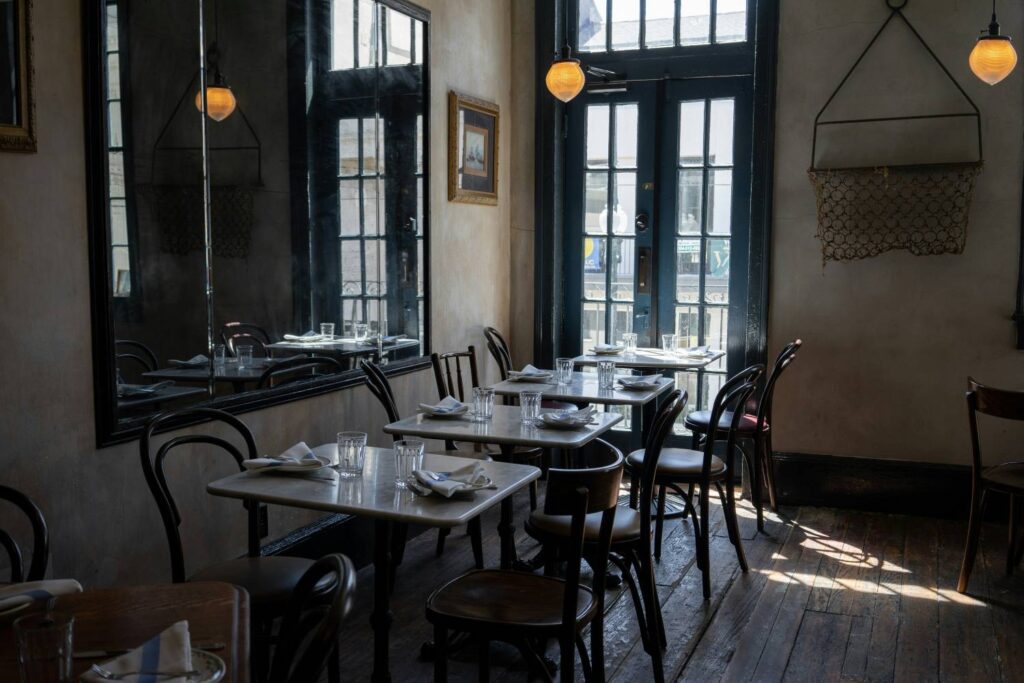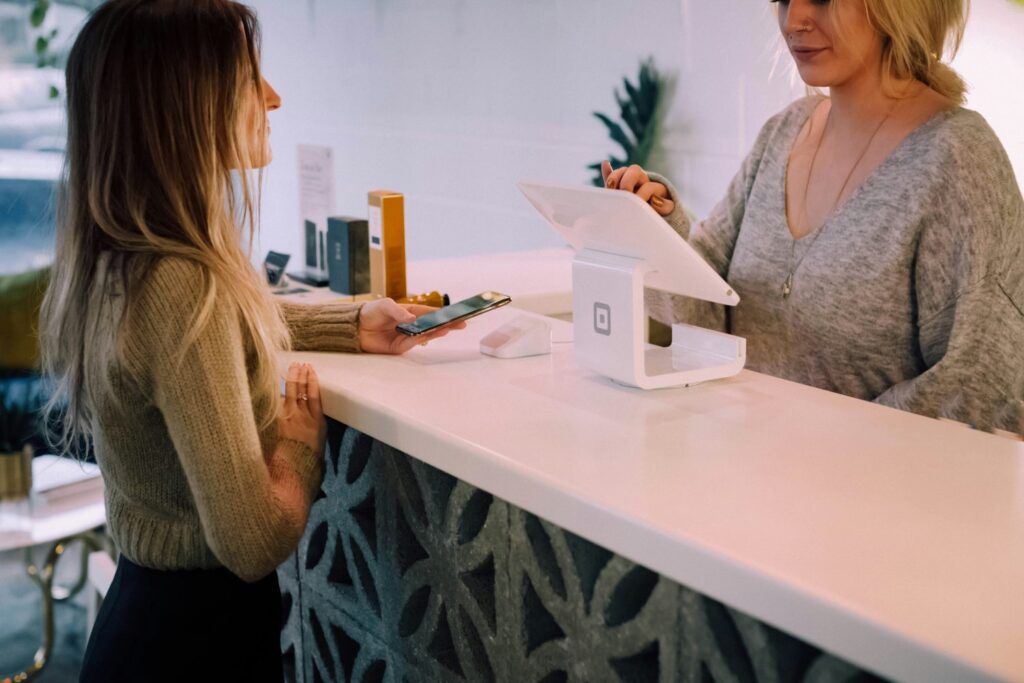How can restaurants and bars reduce the number of no-shows for bookings?
“No-shows are a £17.59 billion problem for the hospitality sector and the issue does not seem to be going away,” said Tim Chapman, Chief Commercial Officer of Zonal.
A report by Zonal has provided key statistics for the prevalence of no-shows and their impact on the hospitality industry. No shows are when a customer does not turn up to their booking and fails to report a cancellation beforehand. This is likely to cost the hospitality venue due to lost business and wasted reservations.
At NDML, we’ve listed the key findings of the report and discuss what hospitality businesses can do to combat no-shows.

How many hospitality bookings result in a no-show?
In the Zonal report, 57% of surveyed respondents had made a booking at a hospitality venue in the last 6 months. 18% of surveyed respondents cancelled a reservation in advance.
However the report found that 14% of surveyed participants admitted they have no-showed – meaning to not turn up without telling the venue.
The report also studied the reason for no-shows?
Looking at the statistics, it’s clear expense and cost is a factor for no-shows. 29% of surveyed participants who had no-showed said it was because they decided it was too expensive. 57% of respondents said their decision-making was affected by the cost of living crisis.
Poor planning and lack of awareness around the impact of no-showing also appears to be a factor. 27% reported a change in plans, another 17% forgot about the booking. 10% of no-shows booked more than one venue, which is why they no-showed.
The booking process hospitality businesses implement also affects the frequency of no-shows. 30% of no shows said they would be more likely to cancel and notify the venue if the process were simpler.
Who are the no-shows?
The report reveals which demographic are more likely to no-show, as well as the profile of those booking tables. It was clear, no-shows guests are likely to be regulars and higher-spenders. 62% of no-showers eat and drink out more than the average consumer; at least once a week.
No-showing is also more prevelent in younger generations, with 64% of no-show respondents aged under 34 years old. Either this is simply due to the naivety and carelessness of younger people, or it worryingly relfects a growing problem, illustrating a generation’s opinion on the treatment of businesses.
The stats also reveal that the vast majority of no-shows take place in urban and city centre areas, which is to be expected as most hospitality venues are situated in urban districts.

Is charging a booking fee or deposits the answer for combating no-shows?
21% of surveyed participants said the risk of losing a deposit would make them more likely to honour the booking. At first this strikes as a solution, but the report does not show how many customers would be deterred in booking and visiting a venue because of a deposit required and the (sometimes lengthy) buy-in process.
The practice of restaurant reservation deposits grew because of COVID – capacity restrictions forced restaurants to charge reservation deposits to maximize limited seating and protect their business. However, many restaurant owners do not want booking fees or deposits as it poses an increased barrier of entry. Hospitality venues are already struggling financially and my not be able to afford to take the risk and try adopting reservations.
Furthermore, if bookings increase and deposits were taken, but no shows also increased, this would likely result in increased huge losses for the restaurant. Booking apps and sites will restrict places, and filling the spots upon a no-show can be very difficult and frustrating.
How can Restaurants and Hospitality Businesses combat no-shows?
“No-shows are a £17.59bn problem for the hospitality sector and the issue does not seem to be going away,” said Tim Chapman, Chief Commercial Officer, Zonal.
To try to resolve the problem of no-shows, businesses could consider increasing incentives for returning visitors. As no-showing is most frequently performed by regulars, offering incentives could improve return visits. Operators might consider small rewards on tables for popular visitors, free starters or a discount voucher.
When a customer does book, provide reminders. The reminder could be an alert, an SMS text, a call as well as an email. Zonal’s survey shows reminders make more than 25% of consumers less likely to no-show. Timing is crucial, as reminder will ned to be sent one or two days ahead of the date.
Have in place a strict policy that tables will only be held for 10 minutes. This should help identify no-shows quicker and free up tables for walk-in customers.
To ease cancellations review your cancellation and booking process. Digital cancellation is still the preferred method, so try streamline this by offering to cancel within reminders. Many older customers prefer to call to cancel, so ensure you have a landline working and a staff member available to take the call.
Ultimately the most important and impactful way to reduce no-shows is through awareness. Customers will be less likely to no-show if they understand it’s impact on venues, and the financial hardship the hospitality sector is currently suffering through.
At NDML, we have made it our mission to spread awareness about issues affecting the nightlife and hospitality sector. Sign up to our newsletter to stay up to date on the latest legislation and campaigns.







